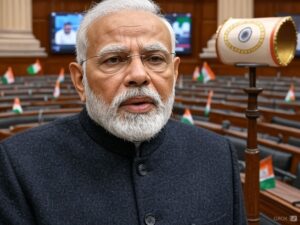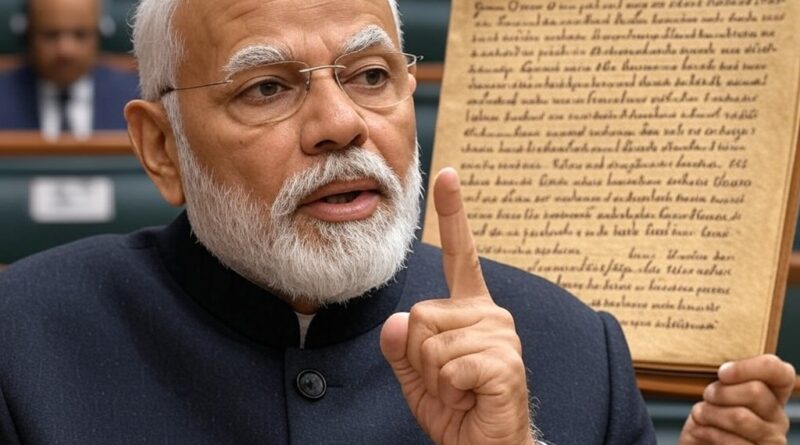India’s Proposal for Simultaneous Elections Sparks Debate
Prime Minister Narendra Modi’s proposal to hold simultaneous elections for the Lok Sabha and state assemblies has reignited a fierce political and public debate. The initiative, often referred to as “One Nation, One Election,” aims to streamline the electoral process, reduce costs, and minimize the frequent disruptions caused by staggered elections across states. While the idea is ambitious, it faces a mixed reception.
Proponents argue that holding elections together could save thousands of crores spent on logistics and security during recurring polls. Frequent elections not only strain the exchequer but also slow down governance due to the imposition of the Model Code of Conduct. Advocates believe synchronized elections would allow governments to focus on policy implementation rather than campaign strategies.

However, critics argue that India’s federal structure makes simultaneous elections impractical and potentially harmful to democracy. Regional issues, they say, could get overshadowed by national narratives during a joint electoral process. Additionally, constitutional amendments would be required to align the terms of various state assemblies with the Lok Sabha. Questions about what happens if a government dissolves prematurely remain unanswered.
Despite these challenges, the debate highlights a critical need for electoral reforms. While “One Nation, One Election” is far from implementation, it has succeeded in sparking discussions about improving India’s democratic framework.



